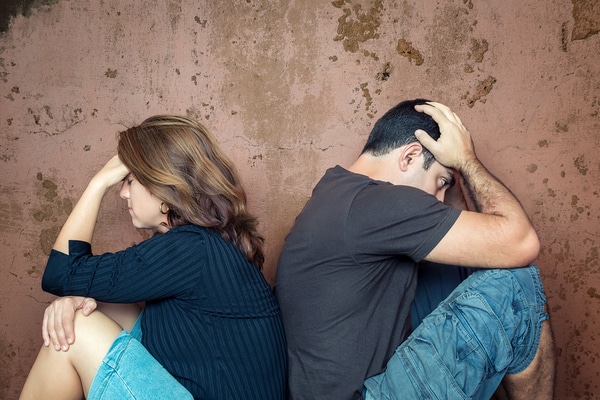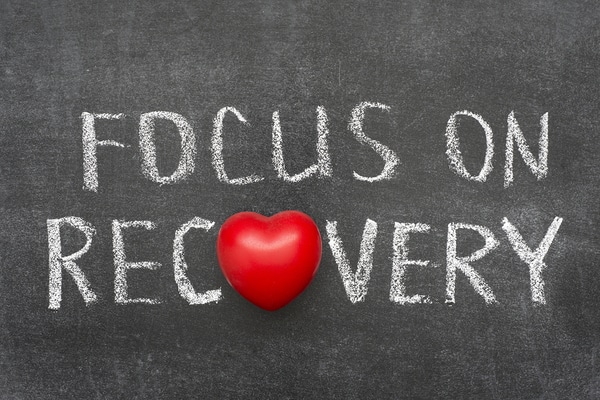
Romantic relationships can be difficult, and rehab can complicate matters even more.
Love is complicated. So is addiction recovery. These simple truths are likely the basis for the so-called “one-year rule” in 12-step programs. In essence, the theory is that it takes at least one year of sobriety for a person to be physically, mentally, and emotionally ready to embark on a new romantic relationship.
AlcoholRehab.com states: “One of the worst things that an individual can do in early recovery is jump headfirst into romance. It is strongly advised that they remain focused on themselves until their sobriety is strong. Once they are settled in their new life, they can then begin to consider sharing it with somebody else.”
The Relationship between Romance and Relapse
Throughout the recovery process, it is natural to feel emotionally vulnerable. In many cases, part of your recovery hinges on severing ties with previous friends and acquaintances who contribute to negative behaviors or who fail to facilitate your recovery.
During this delicate time, you may feel strongly drawn to forming a connection with someone new, perhaps even someone whom you meet in your treatment program. However, it is important to remember that romance often walks hand-in-hand with relapse.
Why is that the case? Here are some common reasons that romance and recovery do not mix well:
Emotional instability: During the early stages of addiction recovery, you are fighting a battle against prior self-destructive behaviors. This time period is like an emotional rollercoaster, with great highs associated with successes along the way, and great lows associated with setbacks.
Lack of time: Developing a loving, emotionally healthy relationship with someone involves tremendous time and attention. When you are newly sober, you must stay focused on maintaining sobriety. In truth, if you are devoting sufficient time to developing the skills you need to maintain sobriety for the long term, you will likely not have time to focus on the ins-and-outs of a new romance.
Self-identity issues: As part of your recovery process, you will go on a journey of self-discovery. Addiction recovery is about learning who you are and where your strengths lie. Understanding the factors that lead to substance abuse and acquiring the coping skills to handle addiction issues is a highly personal journey that you will take. Until you have learned all these things about yourself, you are not truly in a position to successfully cultivate a romantic relationship with someone else.
“A romantic or sexual relationship may take your attention away from your recovery. Staying in rehab is meant to be a reflective time and a period of personal growth and betterment. A relationship may distract you from that purpose and hinder your recovery.”

The best way to heal your heart is to focus on your journey toward recovery.
Why Many Rehab Romances Fail
Under the best of circumstances, falling in love is a risky business. However, during recovery, the chances of finding the love of your life are even smaller than normal. Why? A healthy, romantic relationship is based on balance. It is a give-and-take proposition, with each partner contributing to and supporting the other.
However, when you are in rehab, achieving this type of balance is hard. During addiction recovery, you need and deserve a huge amount of support from friends, family, and therapists. However, expecting a new romantic partner to give you the amount of support you need is not realistic. It is much better to wait to enter into a romantic relationship when you can both give and take support in equal measures.
Learning to Love Again
This does not mean that you are doomed to a lonely life without romance. In time, as you maintain your sobriety and travel farther down the road of recovery, you will find that you have a clearer understanding of who you are and what you want and need.
Committing to, and staying with, a treatment program will help you demonstrate to yourself that you have the strength to make healthy commitments. Then, as you meet new people under better circumstances, you can feel confident in what you bring to the relationship table. Rehab is about first learning to love and respect yourself. Once that is accomplished, you are ready to love and respect someone else as well.
We’re Here to Help
When you are ready to take the first step toward wellness, contact us. We are here to support you throughout your journey.







